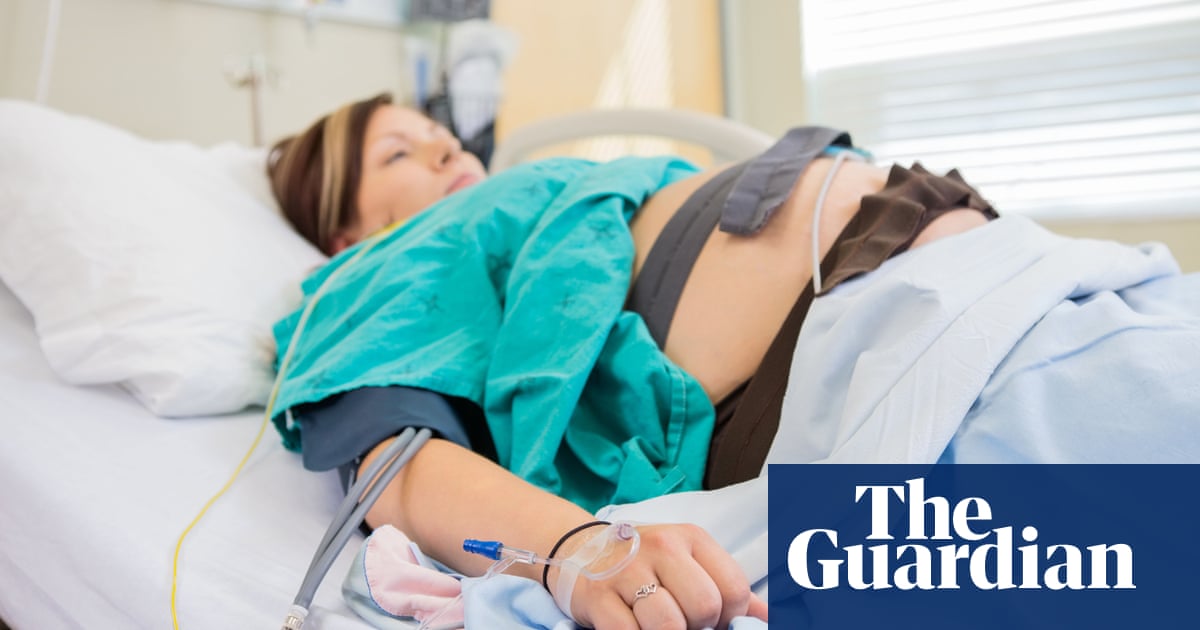
A Home Office minister has refused to commit to an independent inquiry into the treatment of asylum seekers in Glasgow, after a Sudanese man stabbed six people including a police officer at a city centre hotel on Friday before being shot dead by police.
Despite being pressed by representatives from all parties other than the Conservatives in the Commons on Monday afternoon to acknowledge the importance of learning lessons from Friday’s tragedy, Chris Philp said that he intended to await the outcome of the police investigation before making further comment.
During angry exchanges, Glasgow MPs vented their frustration at having consistently raised concerns about the living conditions and mental health of more than 300 asylum seekers who were moved by private housing provider Mears from long-term accommodation to six hotels in Glasgow city centre at the beginning of lockdown. But Philp insisted that the Home Office response was “compassionate and generous” and that there was “no reasonable basis for criticising it”.
Following an urgent question from the SNP MP for Glasgow Central, Alison Thewliss, Philp was asked several times about the admission from Mears that it did not carry out vulnerability risk assessments on those it moved in advance – which resulted in pregnant women, families with children, unaccompanied minors and trafficking victims all being moved at short notice. Mears insisted that vulnerable individuals were identified retrospectively and, in some cases, moved to more suitable accommodation.
The minister responded: “Every asylum seeker is subjected to a risk assessment on health and indeed on other grounds at the point of receipt into the system.”
He revealed that when the attacker, named on Saturday as Badreddin Abedlla Adam, first made his asylum claim, the first of two, he “flagged a minor physical vulnerability, but it wasn’t anything that can have had to do with what happened on Friday”.
He added: “These assessments do take place and they are round the clock for asylum seekers to report health or any other issues they may have.”
The Guardian has spoken to a number of hotel residents who report that they were not assessed either before or after being moved to the hotels. One woman who was a resident at the Park Inn hotel, where the stabbings took place, said that she was assessed for the first time after Friday’s incident.
After a meeting with Philp later on Monday, Scotland’s communities secretary, Aileen Campbell, said that he had agreed to reconsider financial support for those remaining in hotels and agreed to share the plan for moving people back to long-term accommodation in the community on Tuesday.
Meanwhile, outreach workers have underlined the need for urgent practical and psychological support for around 100 asylum seekers who were moved out of the Park Inn and into another hotel overnight on Friday.
Eve, an outreach worker with Glasgow’s grassroots, migrant-led support group MORE, told the Guardian that people were in need of basic items such as clothing and mobile phone chargers and top-ups because they are unable to recover their possessions while the hotel remained a crime scene. She reported that on Monday morning one person still had only pyjamas to wear.
Eve said that the experience of having to leave their accommodation amid panic and confusion, many exiting through a blood-soaked reception area, had seriously traumatised the group.
“Many of these people had to flee their homes with literally nothing, and what happened on Friday brought back that trauma. People have told us they are frightened, bewildered, frozen because it triggered that memory of fleeing,” she said.
Andrew, a 33-year-old asylum seeker from Biafra who had been living at the Park Inn for the past two months, explained: “This has been traumatic for all the Park Inn residents. One way or another they have been affected. Everyone described [the attacker] as a polite and decent guy, so there must have been something that pushed him to behave in such an ugly manner. The situation is still tense because people are under the same stress.”
On Saturday it emerged that staff at the hotel had been warned the night before the attack about Adam’s threatening behaviour, after he told a friend that he wanted to stab individuals at the hotel and that he believed other residents were against him and deliberately making noise to disturb him. The Guardian understands that these concerns had been passed on to a welfare officer for Mears, who spent time talking to Adam on Thursday evening.
Andrew was speaking at a press conference organised by the refugee homelessness charity Positive Action in Housing on Monday, where director Robina Qureshi described the “deadly accommodation crisis” for asylum seekers in Glasgow.
Qureshi said that, while the actions of Adam were rightly condemned, “questions need to be asked about the decision to uproot 370 during lockdown when non-essential travel was forbidden, to leave vulnerable people penniless, with no vulnerability assessments carried out”.
In a statement issued late on Monday, a spokesperson for Mears Group said they were providing access to additional counselling support and essential items to former Park Inn residents, adding: “We are doing everything we can to provide additional support to service users.”











